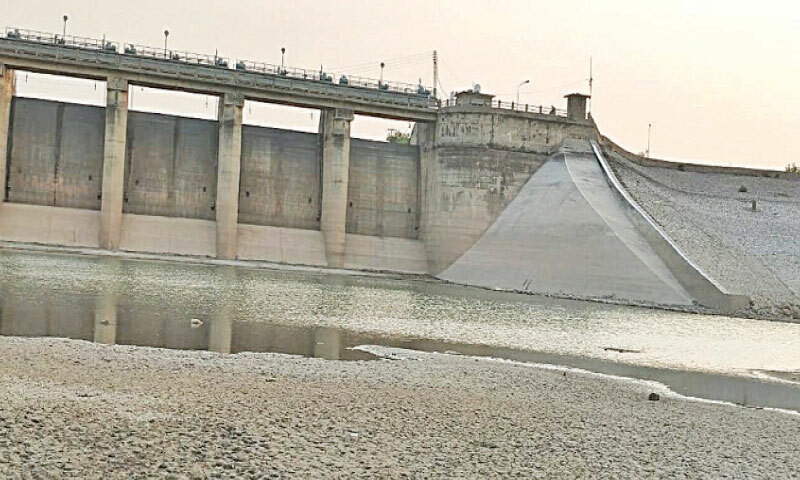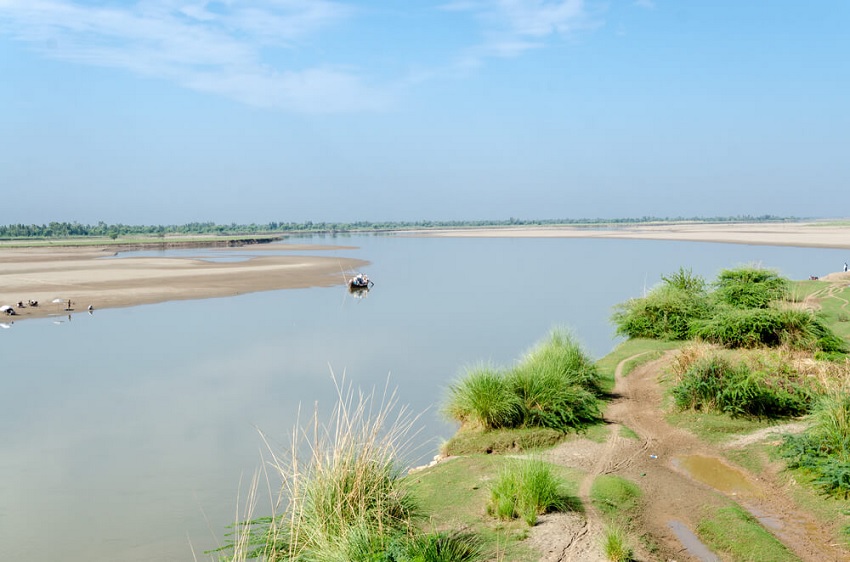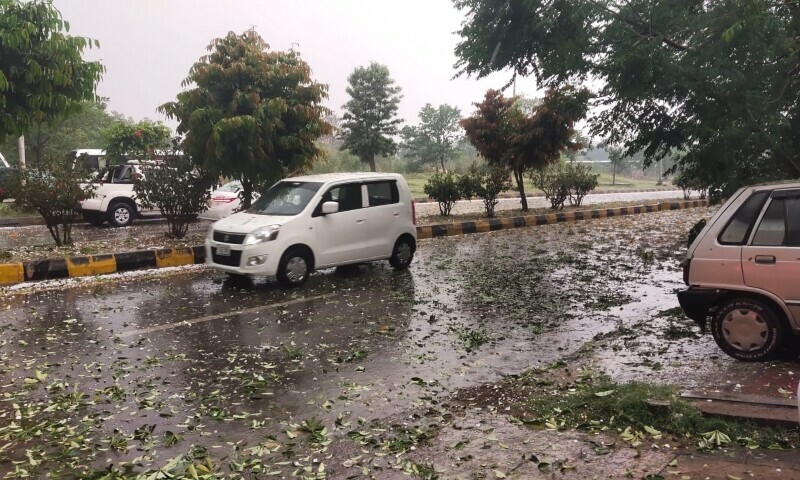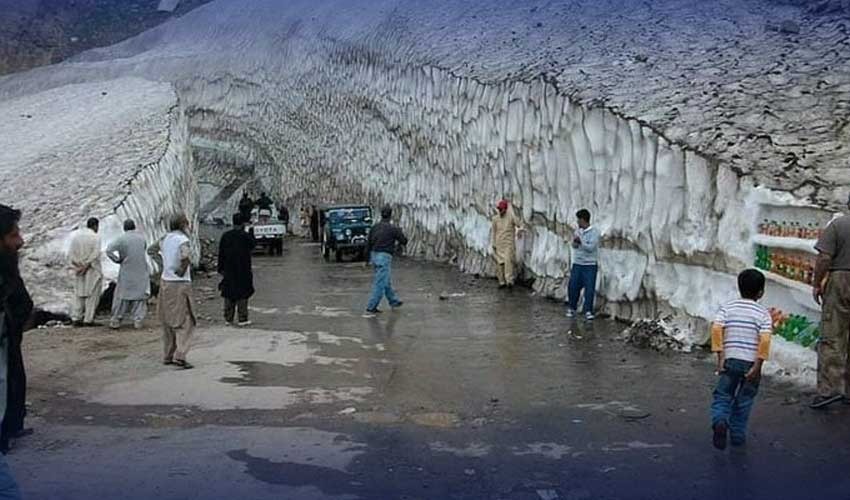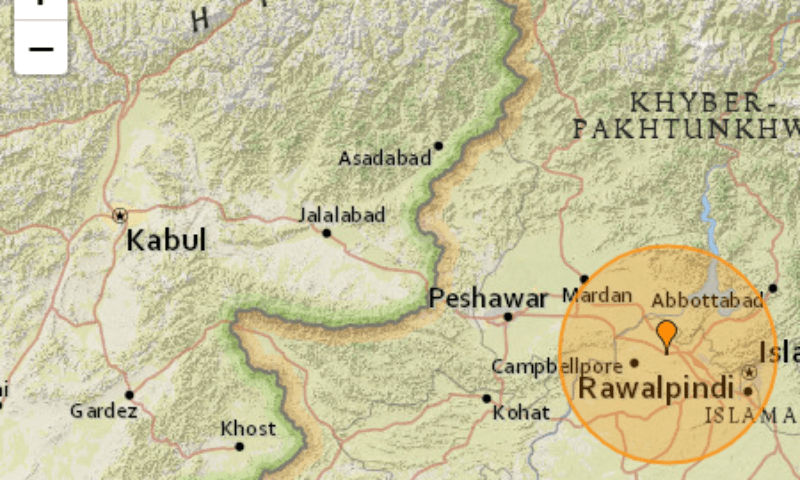Climate
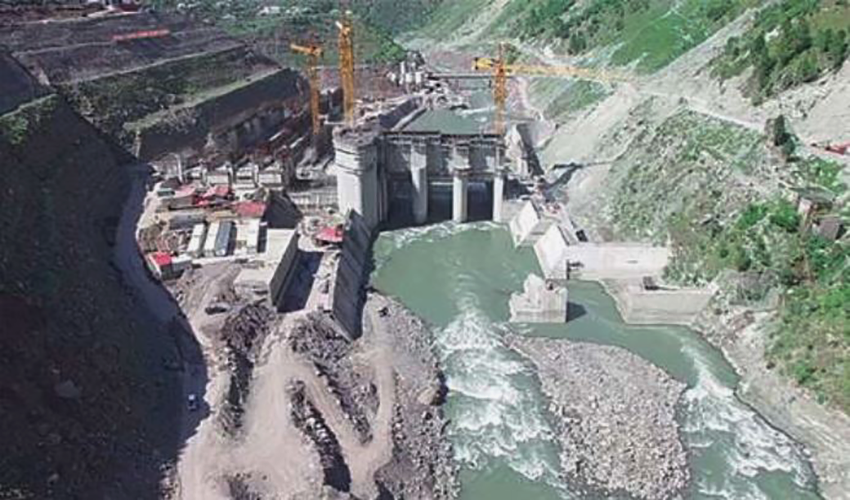
Pakistan is facing a severe water crisis as drought conditions continue to impact water reservoirs across the country. The total water storage has dropped by 6,000 acre-feet, declining from 93,000 acre-feet to 86,000 acre-feet.
Major Dams Hit Dead Levels
The country’s three main water reservoirs—Tarbela Dam, Mangla Dam, and Chashma Barrage—have reached critical levels:
🔹 Tarbela Dam:
- Water level dropped by another foot, reaching the dead level of 1402 feet.
- Water storage has declined by 5,000 acre-feet, leaving just 4,000 acre-feet remaining.
🔹 Mangla Dam:
- Water level has hit the dead level, and storage has decreased by 1,000 acre-feet.
- Current water storage stands at 71,000 acre-feet.
🔹 Chashma Barrage:
- One foot below dead level, with water levels now at 638 feet.
- Water storage has fallen by 2,000 acre-feet, leaving just 10,000 acre-feet.
Implications of the Water Crisis
The shrinking water reserves pose a serious threat to agriculture, drinking water supplies, and power generation. With summer approaching, the demand for water will increase, further straining limited resources.
Government's Response & Possible Solutions
Experts suggest that the government must take immediate action to address the worsening situation:
✅ Efficient water management policies
✅ Drought-resistant crop strategies
✅ Better conservation techniques & rainwater harvesting
✅ Public awareness campaigns to reduce water wastage
Conclusion
As Pakistan faces one of its worst water shortages, urgent measures are needed to preserve and manage available water resources before the situation worsens. A national water conservation strategy is essential to tackle the crisis effectively.
